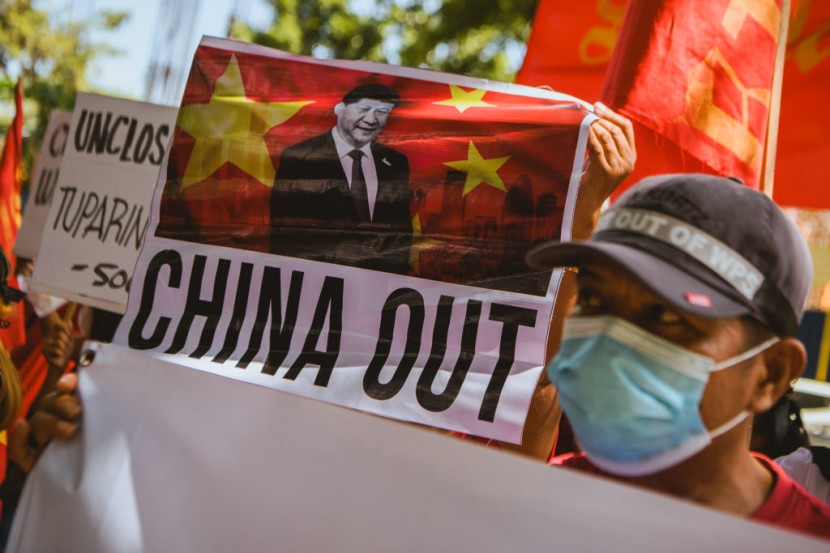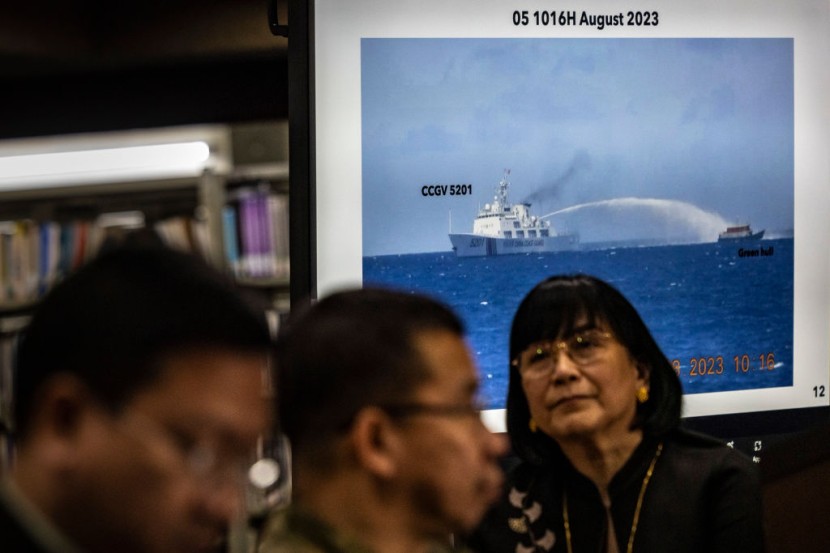China said that Philippine officials should be calm after the controversial water cannon incident, which happened in Second Thomas Shoal (aka Ayunging Shoal); an atoll in the Spratly Islands of the South China Sea.
China-Philippine Water Cannon Dispute Update

According to CNN Philippines' latest report, the Chinese government is urging PH officials to stay calm. Beijing said that the Philippines should engage them in discussions to prevent a similar incident at Ayungin Shoal.
The call for peaceful engagement happened after some diplomatic sources from China said that Beijing took note of the strong statements of the Philippine officials after the dispute that happened on Aug. 5.
Chinese officials said that they submitted a concept paper indicating the internal understanding of the two nations when it comes to handling the water cannon issue in Ayungin Shoal.
"We hope both sides calm down and meet us halfway to prevent such incidents from happening again," said a diplomatic source in China.
"We urge the Philippines to stop unilateral actions pending any agreement," the official added.
The diplomatic source explained that the South China Sea doesn't define the relations between China and the Philippines, proposing that the disputes should be resolved through peaceful dialogues.
As of writing, the Philippine government hasn't made any comment regarding the statements shared by Beijing.
Read Also : Migrants Evacuated at UK's Bibby Stockholm Immigration Barge After Reports of Legionnaires' Disease Outbreak
SoKor Condemns China's Action

Rappler reported that the South Korean Embassy in Manila condemned the incident, saying that the action made by the Chinese Coast Guard and Chinese militia vessels raise tensions in the South China Sea.
On Aug. 8, the ROK Embassy said that is concerned about the recent water cannon harassment against the Philippine Coast Guard vessels.
The South Korean embassy further reaffirmed its support for stability, rules-based order, and peace in the South China Sea.
Aside from this, ROK Embassy also reiterated its support for the freedom of navigation and overflight based on the principles of international law, such as UNCLOS.
If you want to learn more details about the ongoing dispute in the South China Sea, you can click this link.








